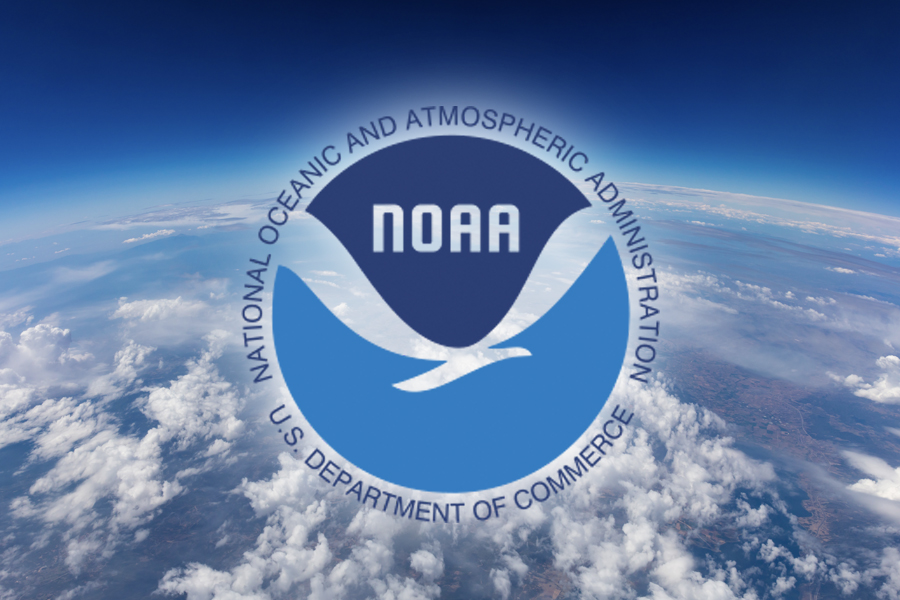
Florida State University’s Department of Earth, Ocean and Atmospheric Science (EOAS) will host a joint National Oceanic and Atmospheric Administration (NOAA) conference next week, an opportunity to welcome climate scientists from around the world to Tallahassee.
FSU will host NOAA’s joint 48th Climate Diagnostics & Prediction Workshop and 21st Climate Prediction Applications Science Workshop March 26-29.
FSU last hosted these workshops in 2007. Close to 150 climate scholars and researchers are expected to attend. This multi-day event will also provide the option of virtual attendance for those unable to travel to Tallahassee.
“In coming to FSU, the NOAA planning committee recognizes the contributions of EOAS and FSU’s Center for Oceanic-Atmospheric Prediction Studies (COAPS) to both climate science and the application of this research,” said Vasubandhu Misra, professor of meteorology and COAPS researcher. “They also recognize our efforts in conducting seminal research and producing a rich cohort of FSU alumni who have served or are currently serving in NOAA’s and other federal agency labs. FSU hosting so many distinguished climate scientists of the nation and the world is a huge moment of pride.”
This joint workshop brings together a diverse community of U.S.-based and international climate experts to share developments in research and the application of weather and climate information for societal decision-making. Participants and attendees include researchers, service producers, resource managers, emergency managers, planners, practitioners, social scientists and other professionals making weather and climate-sensitive decisions in local, state, federal and international settings.
“There are a number of presentations related to Florida’s climate services and hydroclimate in the workshop,” Misra said. “We hope to have this joint workshop be a momentous event both in the history of these workshops and for FSU, and we hope to spark new ideas to further climate science and applications. We anticipate that it will ignite excitement among future generations of scientists about prospects in these fields.”
The Climate Diagnostics & Prediction Workshop will focus on three major themes encompassing the topics of prediction, monitoring, attribution, and diagnostics: predictions and predictability of climate and forecast verifications, novel statistical methods for improved predictions on sub-seasonal to seasonal timelines, and prediction and monitoring of hydroclimate in the Southeast U.S.
The Climate Prediction Applications Science Workshop will focus on discovering and integrating innovative approaches in data analysis of past climate and observations of current climate, known as climate service deliverables, for use by policymakers in growing environmental and economic challenges.
The joint workshop will feature more than 70 oral and 40 poster presentations as well as brief talks, invited speakers, panel sessions and group discussions. Topics including bridging climate forecasts and applications, emerging requirements for climate services delivery, and measuring benefits of climate services will also be discussed.
“Forecasts of the future evolution of the environment are becoming increasingly important for many types of decision-making, which means the business of climate prediction and application is incredibly valuable,” Misra said. “Innovative applications and the use of climate forecasts in various sectors are also rapidly growing, and it’s becoming clear that many of our activities are directly or indirectly related to climate evolution. These events will showcase the efforts to predict the future environment and apply these predictions usefully for societal benefit and highlight the evolution of modern techniques and research towards understanding the complexities of our climate.”
Several FSU faculty members and doctoral candidates will present posters and lectures at the workshops, including scholars from the FSU College of Arts and Sciences and the FAMU-FSU College of Engineering. David Zierden, the Florida state climatologist and leader of the Florida Climate Center, will give an invited talk Thursday morning.
To learn more about the workshops, visit bit.ly/3Int007. For more information about FSU’s Department of Earth, Ocean and Atmospheric Science and its research, visit eoas.fsu.edu.




